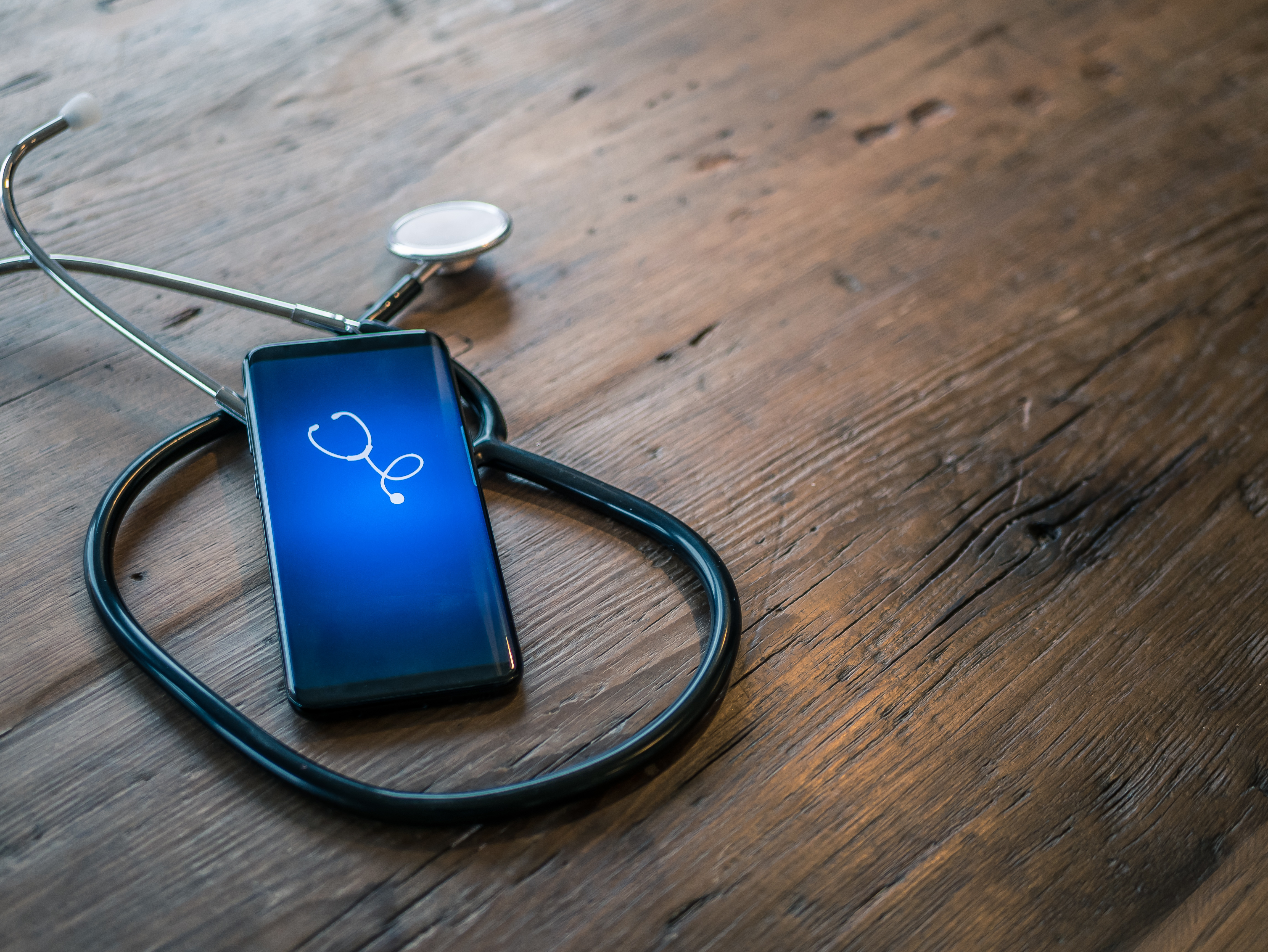The Alabama Senate earlier this month approved a $5 million supplemental appropriation to the budget to combat the spread of COVID-19, a condition caused by a novel strain of coronavirus.
Much of that funding was to set up coronavirus testing, but the state is also working on setting up the ability to contact doctors with telehealth.
“Over the past several days, legislative leadership has held a series of meetings with the Governor and her Coronavirus Task Force, as well as with health care professionals who are on the front lines of combating this pandemic,” State Senate Majority Leader Greg Reed, R-Jasper, said in a statement.
“It is important to know that we have test kits and tests are being administered and we have excellent health care professionals who are prepared to act,” Reed said. “One important thing to note is that we are setting up the ability to contact doctors with telehealth so that next steps can be decided over the phone or video chat to limit the potential of exposure to this illness.”
The $5 million in funds will help supplement the Federal funding which totals $8.1 million to this date and is expected to increase dramatically.
The money is for health care professionals to use as they see fit to stop the spread of the disease in Alabama including helping set up local centers for testing, covering expenses related to telehealth and covering the costs for the uninsured for testing and treatment.
Currently, the state has 51 citizens who have tested positive tests for Coronavirus in Alabama. Jefferson County has been hit the hardest with 25 diagnosed cases. Lee, Shelby, Tuscaloosa, Elmore, Montgomery, Madison, Limestone, St. Clair, and Baldwin have also had cases that have been identified.
“It is important for everybody to know that Alabama has a solid plan to combat Coronavirus,” said Sen. President Pro Tem Del Marsh, R-Jasper, said. “I cannot stress enough that if someone feels as though they need to be tested for Coronavirus they should contact their doctor to work through the next steps.”
The Alabama Public Health Telehealth Network has several telehealth projects and plans to deploy additional telehealth carts to county health departments as collaborative agreements are established with medical providers the ADPH said on their website.
In response to the COVID-19 crisis, Blue Cross Blue Shield of Alabama announced that it will expand access to telehealth and nurse/provider hotlines
Given the nature of the COVID-19 outbreak, seeking in-person medical care may lead to further spreading of the virus the company said in a statement. BCBS companies will encourage the use of virtual care and will also facilitate member access and use of nurse/provider hotlines.
“It is important that our members feel safe and secure knowing that they are able to pursue the proper care and testing they need to protect their health during this time of concern,” said Vincent Nelson, M.D., vice president, medical affairs and interim chief medical officer at BCBSA. “Whenever and wherever our members need health care related to the coronavirus, BCBS companies are right there with them.”
“In response to the pandemic that has been going around the nation and the world, this supplementary spending bill is a way for the State of Alabama to be proactive and show our citizens that we are serious about fighting the spread of the coronavirus,” said Alabama Senate Minority Leader Bobby Singleton (D-Greensboro). “We understand that this highly contagious virus could be potentially deadly for those with compromised immune systems. Therefore, we are moving forward in setting up crisis centers to protect our citizens.”
Many rural Alabamians do not have access to telehealth services due to a lack of broadband where they live. Congressman Robert Aderholt, R-Haleyville, said that the federal government should address this as part of its response to the coronavirus.
“Wednesday afternoon I sent a letter to President Trump asking that any economic stimulus money to help with the fallout from the Coronavirus include money to expand rural broadband even more,” Aderholt said on Wednesday. “We’ve had a lot of success, but many people are still waiting. Because so many people are being asked to work from home or do school work from home, many people in rural areas are in a difficult situation.”
Globally COVID-19 has already killed 8,969 people including 155 Americans.





















































